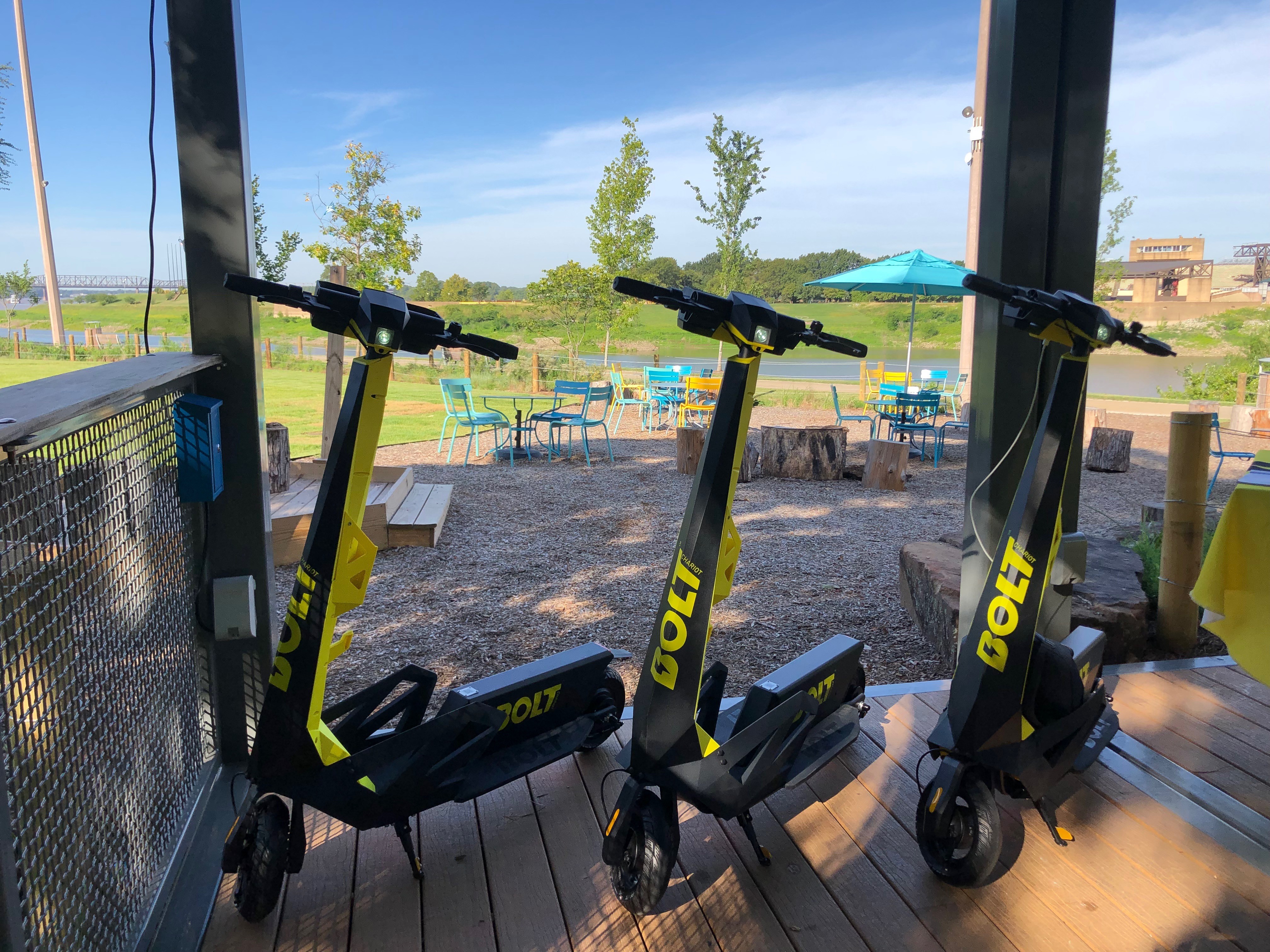Multiple agencies are working together to empower entrepreneurs to find solutions to transportation issues in Memphis.
The “Memphis Challenge Explore Report” was released today by Ford Motor Company, the Greater Memphis Chamber, Start Co., and Christian Brothers University. The report emphasizes multiple areas of improvement for “community-center mobility.”
“We launched this initiative to transform cities by helping solve mobility problems via the inclusion of community input,” the Memphis Challenge team said. “ Our framework zooms down to one person, one solution at a time to provide an intimate view of a city’s needs and how they may be addressed with new innovative solutions.”
Findings from the report highlight four areas the agencies are hoping to find solutions to in late 2024 through an initiative called the Memphis Challenge, led by Ford’s Urbanite program “with support from 12 local collaborators.” These four areas include: creating safe access to transportation, safety through the entire mobility journey, personal vehicle reliability, and understanding the total cost of car and mobility ownership.
This will allow local and national entrepreneurs to propose ideas to remedy these issues.
“Memphis Challenge winners are expected to receive up to $150,000 in pilot grant funding through the challenge program, with an additional $450,000 available to challenge finalists in seed funding, technical support, legal assistance, and startup business resources.”
The companies are urging entrepreneurs to find solutions that will improve accessibility to jobs, education, and healthcare. Past winners included community mobility hubs, pick-up/drop-off services for school children, farm-to-door food delivery, and more.
One of the key findings of the report found that citizens are concerned about their safety when using any mode of transportation.
“Regardless of time of day, gender, age, ability or mode of transportation, Memphians are concerned about their personal wellbeing and safety when walking out their front door,” the report said.
It also stated public transportation is not always the preferred method, as many found Memphis Area Transit Authority (MATA) to be “unable to get them to their destination at a time that works for them.” This resulted in many reporting they only use MATA for non-time-sensitive trips.
Citizens also told the team many of their options for jobs, food, education, and healthcare in their immediate neighborhoods have left them “dissatisfied” causing them to travel to locations that may be “ 20-30 minutes away by car.” According to the report, this makes alternative modes of transportation such as walking and biking “infeasible.”
Another aspect of the report showed many Memphians rely on relatives and extended family for multiple mobility purposes such as pickup and organizing rideshare.
“These family networks felt unique asset to Memphis and something to be considered when developing new mobility solutions,” the report said.
The report added that the median household income of the city is $50,622 with a poverty rate of 18 percent for adults. From these findings, the team concluded “Memphis residents don’t have much extra to spend on transportation.”
These areas represent multiple opportunities for change, and the Memphis Challenge Team is urging entrepreneurs to submit proposals to consider these things along with intentional equity, environmental sustainability, replicability and scalability among others.
“These Explore Report findings complement other transit and mobility initiatives throughout the greater Memphis area – however, it does highlight some recent trends that tie into the public safety concerns Memphis has been experiencing,” the team said in a statement. “The Ford Urbanite Memphis Challenge is a spark to provide support, spread awareness and rally additional resources to an area that is ripe for innovation in, and around, Memphis.”
Those interested in applying should apply to the Urbanite Challenge Memphis I F6S by Friday, May 10.


